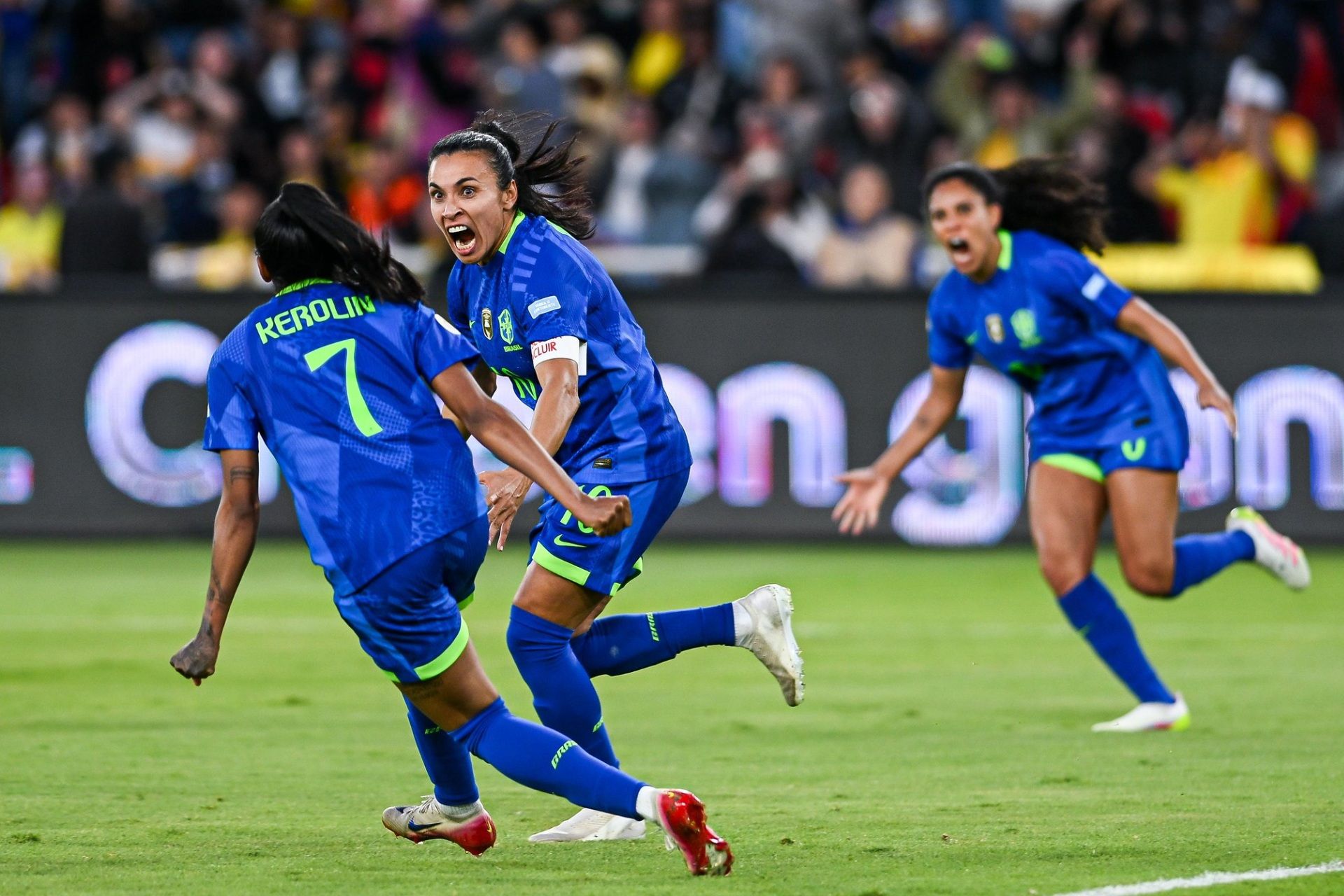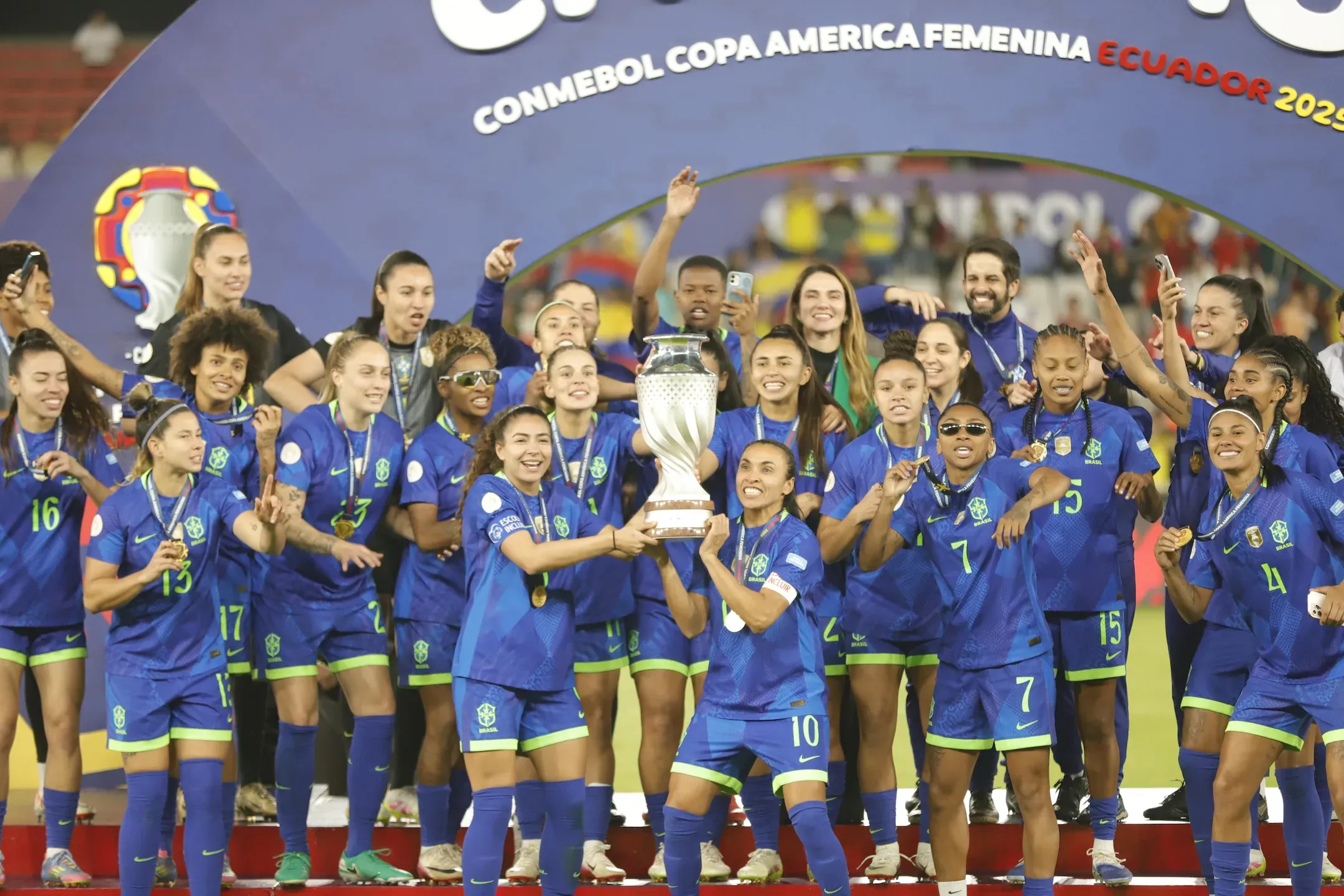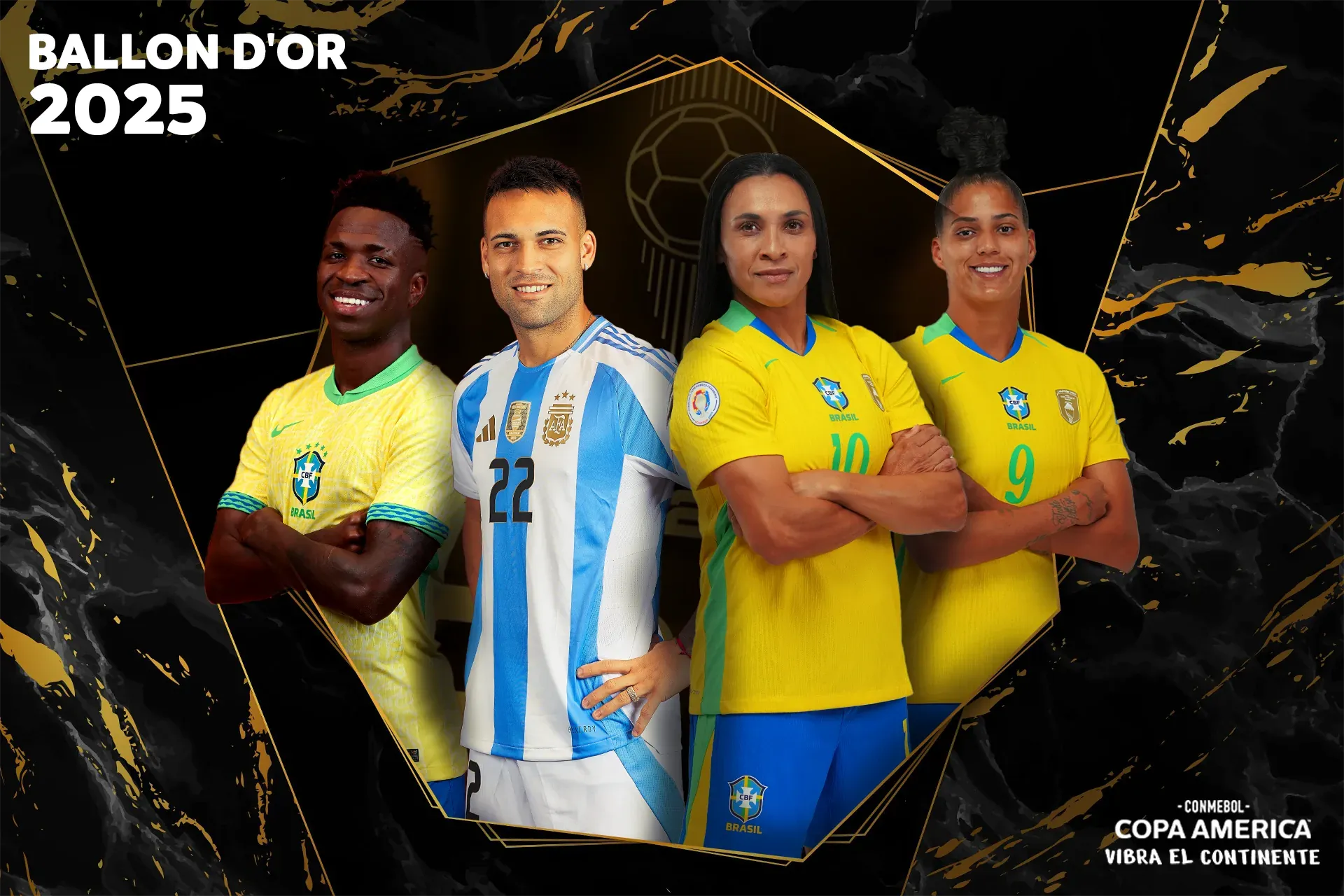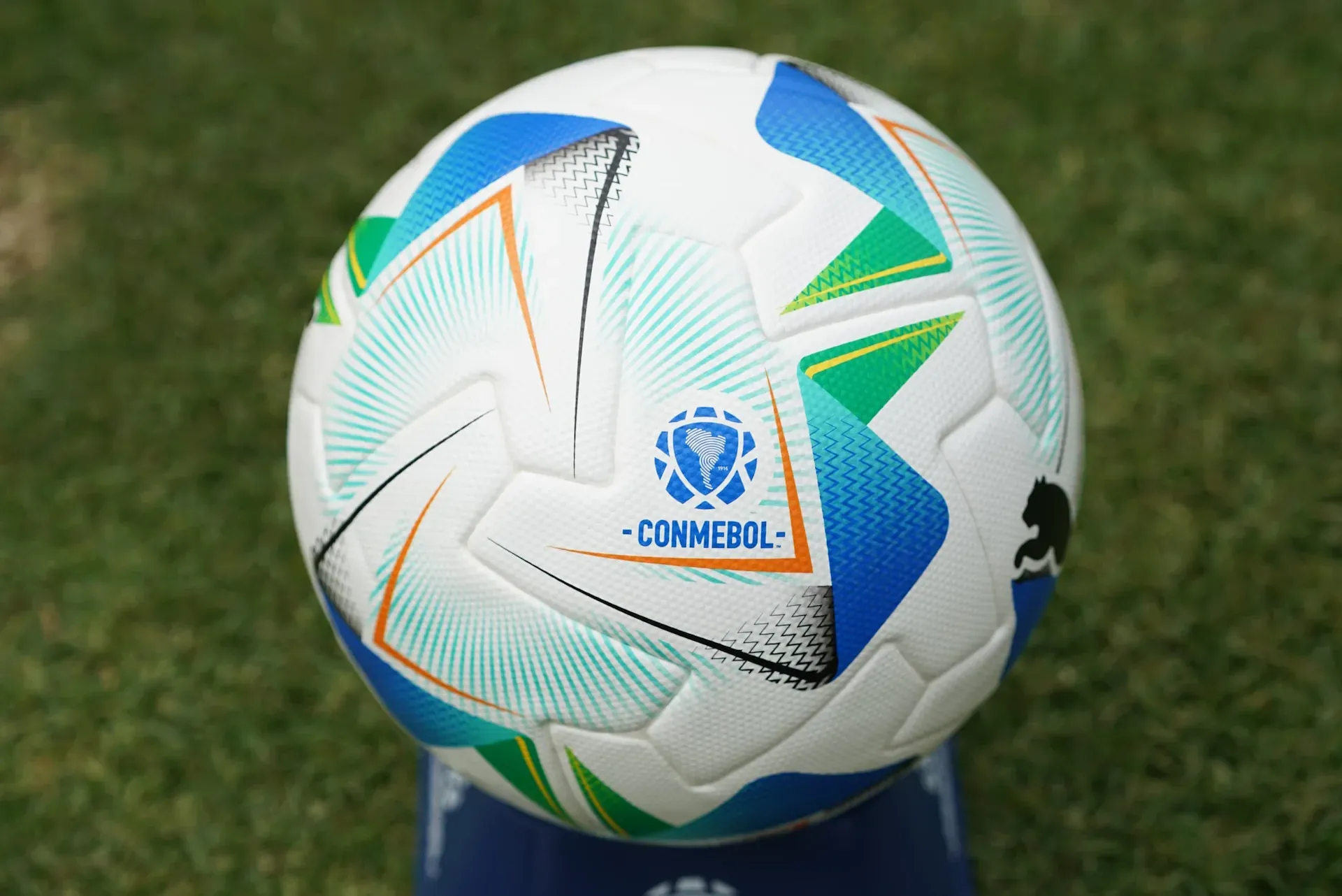Ecuador’s Coach is excited: “We want to leave a legacy”
Interview with Eduardo Moscoso, head coach of the host nation dreaming of starring in the CONMEBOL Copa América Femenina 2025™.

- Took over in January 2025.
- Will make his debut in the tournament against Uruguay.
Ecuador will host the CONMEBOL Copa América Femenina 2025™ and is the top seed in Group A. Their coach, Eduardo Moscoso, dreams of a strong showing by “La Tri” in the continental competition.
– How important is it to host this tournament?
– It’s very important for the country and for the women’s football project we’re building. Playing here in Ecuador is a huge motivation. We want full stadiums at every game. That’s why we’re working hard during each FIFA window to build a solid team. We want to leave a legacy of optimism, a legacy of growth for women’s football. That’s why we’re taking this very seriously and hoping people will support us – our families, our cities. Being the host always gives you an extra boost because everyone is behind you.
– What are your goals for the tournament?
– We’ve talked with the coaching staff and with everyone at the Ecuadorian Football Federation. Our goal is to consolidate the project, to strengthen the structure of women’s football. In this tournament, we want to qualify for the Olympics and the Pan American Games. That would be very gratifying because it would show the results of the process we’ve been working on.
Moscoso has worked for the Ecuadorian Football Federation for 17 years. He led the U-17 team to the last two World Cups and is excited about his first experience with the senior team:
“All those experiences are helping us, because we have many young players in the senior squad. That’s very rewarding for us. We train young athletes to reach the senior team, and now many of those U-17 players will play in the Copa América and contribute. That’s our dream – to support long-term projects and development.”
– How do you see the growth of women’s football in recent years?
– Women’s football has grown a lot. In 2014, I was also part of the qualification for the Canada World Cup – the only senior World Cup we’ve played. Back then, with coach Vanesa Aráoz, I was the fitness coach. We had to scout in the provinces, not in clubs, because there was no structure, no regular training or formal competition. Now we have U-14 and U-16 development tournaments, mixed-gender leagues starting from age 13, and a consolidated Superliga. Clubs now have proper structures for women’s football – with training centers, gyms, nutritionists, psychologists. That’s what turns a player into a professional.
– What role does psychology play in your teams?
– It’s essential to support the players. Football has four pillars: physical, technical, tactical, and psychological. As a coach, I can teach technique and tactics, and fitness coaches handle the physical side. But for the psychological aspect, we need support. Understanding the inner world of each player helps us guide them. We coaches also need guidance – we lead 23 competitive athletes, each with their own goals. It’s a high-pressure environment that we enjoy, but we need professional help. That’s why the federation has a psychologist supporting us. During long training camps, mental strength becomes even more crucial. So we rely on motivational and extra activities to keep the players strong in every aspect.
Ecuador’s fixtures in the tournament
- Ecuador vs Uruguay (July 12)
- Peru vs Ecuador (July 15)
- Bye in the third round (July 18)
- Ecuador vs Chile (July 21)
- Ecuador vs Argentina (July 24)
The top two in the group advance to the semifinals; the third plays for fifth place.
– Let’s say it’s August 2nd, the tournament is over, and we’re talking again. What would make you really happy?
– I’d be very happy if every stadium was full and Ecuador qualified for an international tournament.



